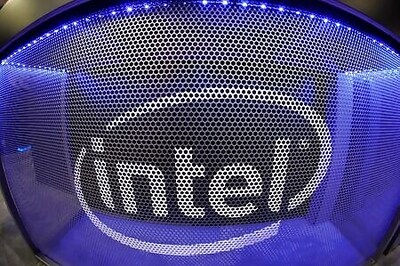
views
There are two schools of thought regarding how Brendan Rodgers will be remembered at Liverpool.
Was he the progressive coach who led one of the most exhilarating teams in a generation to within a Steven Gerrard slip of the English league title, and needed time to build another?
Or the opportunist who simply rode the wave when Luis Suarez embarked on one of the most prolific scoring sprees ever seen in the Premier League, and wasn't up to the big job of reviving a great footballing institution?
The decision of Liverpool's American owners to fire Rodgers — via a trans-Atlantic phone call soon after Sunday's Merseyside derby — robs us of the chance to find out who the real Brendan Rodgers was.
It shouldn't come as a surprise, really.
Short-termism has gripped the Premier League to such an extent that Eddie Howe, the coach at Bournemouth, is now the second longest-serving manager (at 2 years, 356 days) in the division, after Arsenal's Arsene Wenger.
Young or inexperienced managers given a mandate to rebuild a big club need immediate success to satisfy the money-men. Otherwise, they are out.
David Moyes had 10 months at Manchester United after Alex Ferguson's retirement before getting sacked last year. Andre Villas-Boas got about the same time at Chelsea in 2011-12. Rodgers was handed a new long-term contract before the start of last season, and then entrusted to spend around $120 million this offseason to overhaul the playing squad.
Eight league games into the season, he's gone.
Fenway Sports Group, which also owns the Boston Red Sox, felt they simply couldn't wait any longer. They trumpeted Rodgers, a protege of Jose Mourinho, as a "forward-thinking coach at the forefront of a generation of young managers" when he joined and only last summer talked about placing their trust in him "to deliver the vision we share for Liverpool."
It seems FSG will turn to a manager with pedigree in a bid for instant success, with Juergen Klopp — the former Borussia Dortmund coach — widely regarded in the British media as the favorite for the job. Manchester City, United, Chelsea and Arsenal all have established managers at the helm and Liverpool will follow suit.
The experiment with Rodgers failed, FSG has accepted, but are they being too hasty?
Harnessing the extravagant talents of Suarez and building an attacking team around him, Rodgers brought joy and renewed hope to Liverpool and its supporters in that magical few months at the start of 2014 when the club nearly won a first championship since 1990. FSG wanted "attacking, relentless football" when they hired Rodgers and they got it. Liverpool finished two points behind Manchester City that year, when it felt like the glory days of the 1970s and 1980s returned to Anfield.
Few managers would have been able to cope with what happened the following summer, when Suarez was sold and fellow striker Daniel Sturridge was struck down with the first of a string of injuries that caused him to miss most of the season. That deprived Rodgers of his main goal threat for last season, which started slowly, picked up for a three-month spell when Rodgers experimented with new formations, and ended badly with a final-day 6-1 loss at Stoke.
He has been given little time this season to reconstruct a team struck by the not inconsiderable losses of iconic midfielder Steven Gerrard and its most highly rated young player, Raheem Sterling, over the summer. Is eight league games enough of a chance after overhauling the team?
Rodgers is highly rated and was being spoken of as a potential England manager before Liverpool's slump. Maybe his tactical tinkering went too far at times, but he was a proactive manager at a club battling to find something different to keep pace with the modern-day heavyweights of the Premier League. Anfield hadn't yet turned on Rodgers, despite the jeers toward the team after recent poor results. He also was operating within the parameters of FSG's transfer committee system that didn't give him full control of incoming players.
Rodgers raised expectations to an unrealistic level with that title bid in 2014. He ended up paying for that 18 months later but, at 42, there could be plenty more to come from him.




















Comments
0 comment